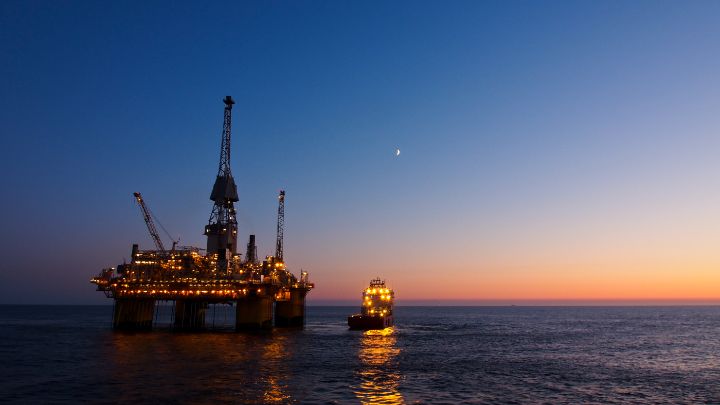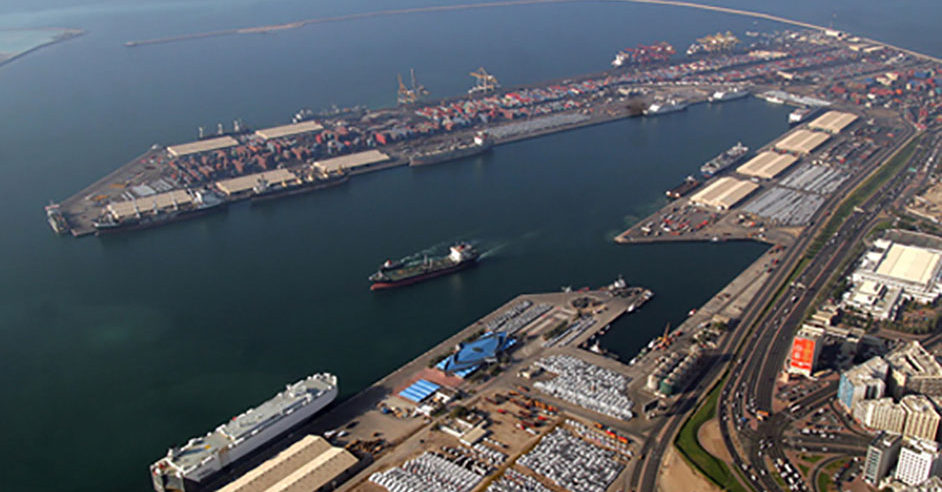The global seaborne trade routes appear to be steadily return to their “factory settings” after a series of positive developments over the past few weeks. However, everything is still shaky and could reverse at any time. In its latest weekly report, shipbroker Xclusiv said that “in a notable development for global trade, the United States and China have agreed to temporarily ease a selection of tariffs and sanctions, marking a significant de-escalation in their ongoing trade tensions. Under the agreement, the U.S. has reduced tariffs on Chinese imports from 145% to 30% for a 90-day window, while China has lowered its tariffs on U.S. goods from 125% to 10%. This move has already had a measurable impact on the shipping industry, with a surge in freight volumes expected as businesses accelerate shipments to take advantage of the tariff reprieve. Companies are racing to import goods ahead of any potential reimplementation of higher duties”.
The shipbroker added that “shipping firms, including ZIM Integrated Shipping Services Ltd (ZIM), have reported increased demand, with their stock performance reflecting renewed market confidence. However, despite the short-term boost, the temporary nature of these tariff reductions has injected a degree of uncertainty into the sector. Industry players remain cautiously optimistic, recognizing that the core issues underpinning U.S.–China trade tensions remain unresolved. Moreover, analysts have raised concerns about potential supply chain congestion due to the sudden spike in cargo movement, drawing parallels to the disruptions experienced during the COVID-19 pandemic. While the tariff reductions offer immediate relief and stimulate shipping activity, the long-term outlook hinges on the durability of this truce and the broader geopolitical environment”.
Xclusiv added that “in line with Trump-era policies, the US and Iran are reportedly close to reaching a potential nuclear agreement, aimed at limiting Iran’s nuclear program. President Trump recently indicated that the two nations have “sort of” agreed on key terms. Such a breakthrough in US-Iran relations could have far-reaching consequences for the shipping industry. The easing or lifting of sanctions on Iran could potentially trigger a substantial rise in Iranian oil exports, driving up demand for tankers and increasing freight volumes throughout the Middle East. Key maritime hubs in the Arabian Gulf and the strategically vital Strait of Hormuz could experience a surge in activity as Iranian crude and oil products gain greater access to international markets. Presently, the average age of vessels in the National Iranian Tanker Company fleet stands at 17 years, while the Islamic Republic of Iran Shipping Lines operates ships averaging around 18 years old. A successful deal may accelerates ship demolition activity of older dark fleet ships, paving the way for much-needed modernization of Iran’s aging maritime fleet. Apart from Iran’s fleet, this would also reduce demand for the aging dark fleet vessels transporting Iranian crude covertly. Without sanctioned cargoes, many of these older ships would likely head for scrap, shrinking the active tanker fleet and improving overall market conditions by lowering excess supply and increasing fleet quality”.
“Meanwhile, in another effort to stabilize maritime trade and restore confidence along key routes, Egypt’s Suez Canal Authority has introduced a 15% discount on transit fees for container ships with a net tonnage of 130,000 metric tons or more. Effective from May 15, 2025, the 90-day incentive applies to both laden and empty vessels transiting in either direction and will be automatically granted, requiring no prior application. The move is aimed at attracting major shipping lines back to the Suez Canal, which has experienced a sharp decline in traffic due to Houthi rebel attacks in the region. As a result, many carriers have diverted their routes around the Cape of Good Hope, contributing to a steep drop in canal revenues—from $2.4 billion in Q4 2023 to just $880.9 million in the same quarter of 2024”, Xclusiv concluded.
Source: Hellenic Shipping News Worldwide




